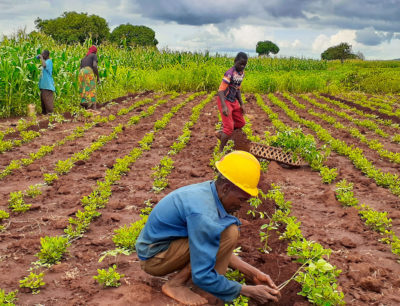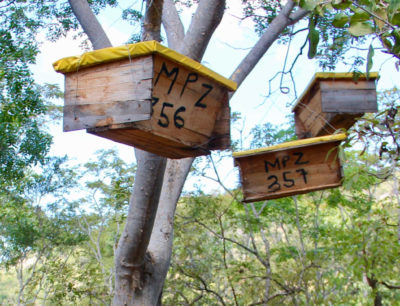Counting the costs, delivering the benefits, restoring the land
Like most people, small-scale farmers respond to markets that offer the best price and typically follow the practices th

Like most people, small-scale farmers respond to markets that offer the best price and typically follow the practices th

I don’t believe she had ever planted a tree before. Though I can’t remember her name, I will never forget t
With a determined staff and deep convictions, COMACO is now launching a new business model that links our farmers direct
Comments
This is beautiful and encouraging.
We hope COMACO will intervene the cutting down of trees for charcoal in Nyalugwe area too
We are working with the traditional leaders, the Forest Department and the Department of National Parks and wildlife to increase awareness, sensitize the community and provide alternative sources of wood fuel by planting Gliricidia sepium, a fast-growing tree.